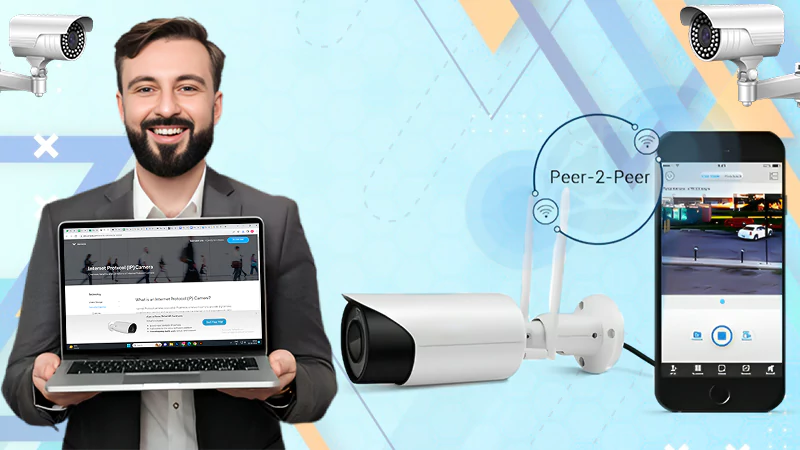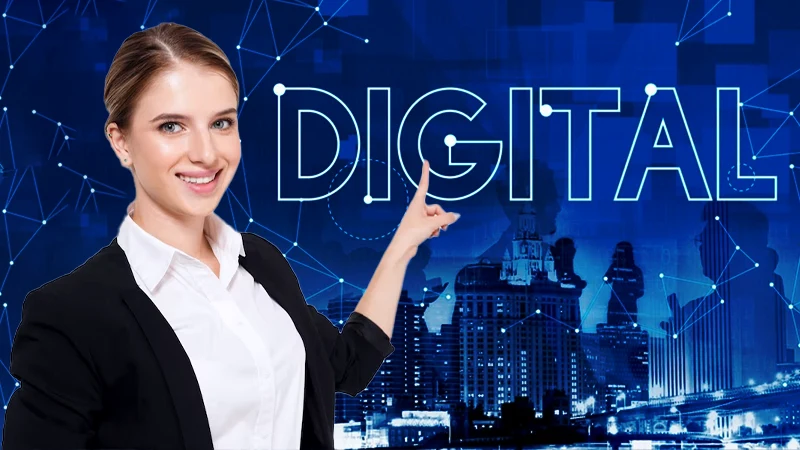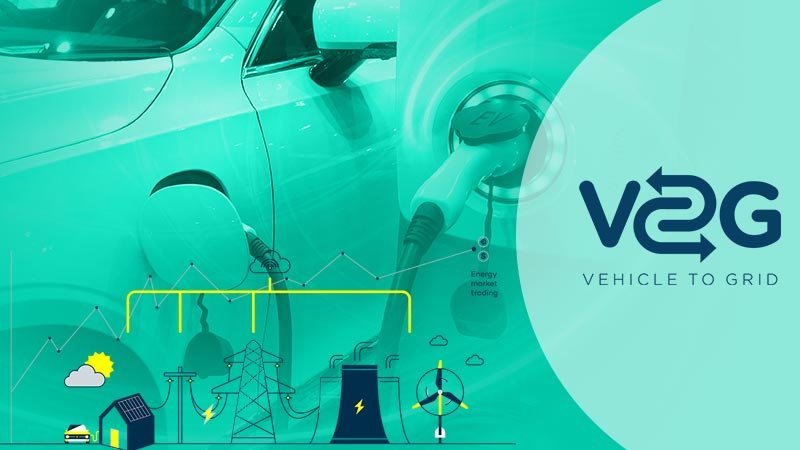Advancements in Utility Companies
Utility companies play a critical role in providing essential services such as electricity, gas, and water to communities worldwide. With the increasing demand for clean and sustainable energy, utility companies are embracing technological advancements to revolutionize the power sector. In this blog post, we will delve into the latest advancements in utility companies that are transforming the way we generate, distribute, and consume electricity.
Importance of Advancements in Utility Companies
The advancements in utility companies bring numerous benefits to both consumers and the environment:
- Renewable Energy Integration: Utility companies are leading the transition to renewable energy sources such as solar, wind, hydroelectric, and geothermal. These advancements reduce reliance on fossil fuels, lower carbon emissions, and contribute to a greener and more sustainable future.
- Smart Grid Technologies: Advanced metering infrastructure, real-time monitoring systems, and intelligent grid management enable utility companies to optimize energy distribution, detect and respond to outages more efficiently, and improve overall reliability.
- Energy Storage Solutions: Utility companies are implementing energy storage technologies such as large-scale batteries and pumped hydro storage. These solutions address intermittency issues with renewable energy sources and provide backup power during peak demand periods.
- Demand Response Programs: Utility companies are implementing demand response programs that incentivize consumers to reduce their energy consumption during peak times. This helps balance the grid, reduce strain on infrastructure, and lower costs for consumers.
Grid Modernization
Grid modernization initiatives are central to the advancements in utility companies:
- Smart Meters: Smart meters provide real-time data on energy consumption, allowing consumers to monitor and analyze their usage patterns. Utility companies can use this information to optimize distribution, offer time-of-use pricing, and implement demand response programs.
- Microgrids: Microgrids are localized grids that can operate independently or in conjunction with the main power grid. They provide backup power during outages, integrate renewable energy sources, and enhance grid resiliency in remote or vulnerable communities.
- Distribution Automation: Distribution automation systems use sensors, communication networks, and advanced control algorithms to monitor and manage power flows more efficiently. This improves system reliability, reduces outage duration, and enables faster restoration of service.
- Predictive Analytics: Utility companies are leveraging predictive analytics and machine learning algorithms to forecast demand, identify potential failures, and optimize maintenance schedules. This proactive approach enhances grid stability, reduces costs, and improves customer satisfaction.
Energy Efficiency Initiatives
Utility companies are actively promoting energy efficiency through various initiatives:
- Home Energy Management Systems: Home energy management systems utilize smart thermostats, energy monitors, and connected devices to help consumers optimize their energy usage. These systems provide real-time insights, enable remote control of appliances, and encourage efficient consumption habits.
- Energy Audits and Incentives: Utility companies offer energy audits to identify areas for improvement and provide incentives for upgrading to energy-efficient appliances, insulation, and lighting. These initiatives promote conservation, reduce energy waste, and lower utility bills for consumers.
- Electric Vehicle (EV) Charging Infrastructure: Utility companies are expanding EV charging infrastructure to support the growing adoption of electric vehicles. This includes installing public charging stations, offering incentives for home charging stations, and integrating charging management into the grid.
- Energy Efficiency Rebate Programs: Utility companies provide rebates and incentives for energy-efficient upgrades, such as installing energy-saving appliances, upgrading insulation, or implementing renewable energy systems. These programs encourage consumers to adopt sustainable practices and reduce their carbon footprint.
Heavy Transport and Utility Companies
One significant area that utility companies are progressively addressing is the role of heavy transport in energy consumption and environmental impact. Heavy transport vehicles, such as trucks and buses, account for a substantial portion of the transportation sector’s energy use and greenhouse gas emissions. Utility companies are innovating to reduce this impact:
- Electrification of Heavy Transport: Utility companies are promoting the electrification of heavy transport vehicles. This involves developing infrastructure for fast-charging stations and working with manufacturers to ensure compatibility with electric truck and bus models. Electrification significantly lowers greenhouse gas emissions and reduces fuel costs for transport companies.
- Natural Gas Vehicles: As a cleaner-burning fuel, natural gas is gaining traction in heavy transport. Utility companies are supporting this shift by building out natural gas refueling stations and partnering with vehicle manufacturers to develop natural gas-powered models.
- Hydrogen Fuel Cells: Utility companies are exploring the potential of hydrogen fuel cells for heavy transport. While this technology is still in its infancy, it offers the promise of zero-emission transportation, provided the hydrogen is produced from renewable energy sources.
- Efficiency Standards for Heavy Vehicles: Some utility companies are advocating for stricter energy efficiency standards for heavy vehicles. These standards could stimulate innovation in the transport industry and lead to the development of more fuel-efficient, less polluting vehicles.
The advancements in utility companies are shaping the future of the power sector, driving sustainability, reliability, and customer empowerment. By embracing renewable energy sources, implementing smart grid technologies, and promoting energy efficiency, utility companies are paving the way for a more efficient, resilient, and sustainable energy future.
Follow Us
Latest Post
















